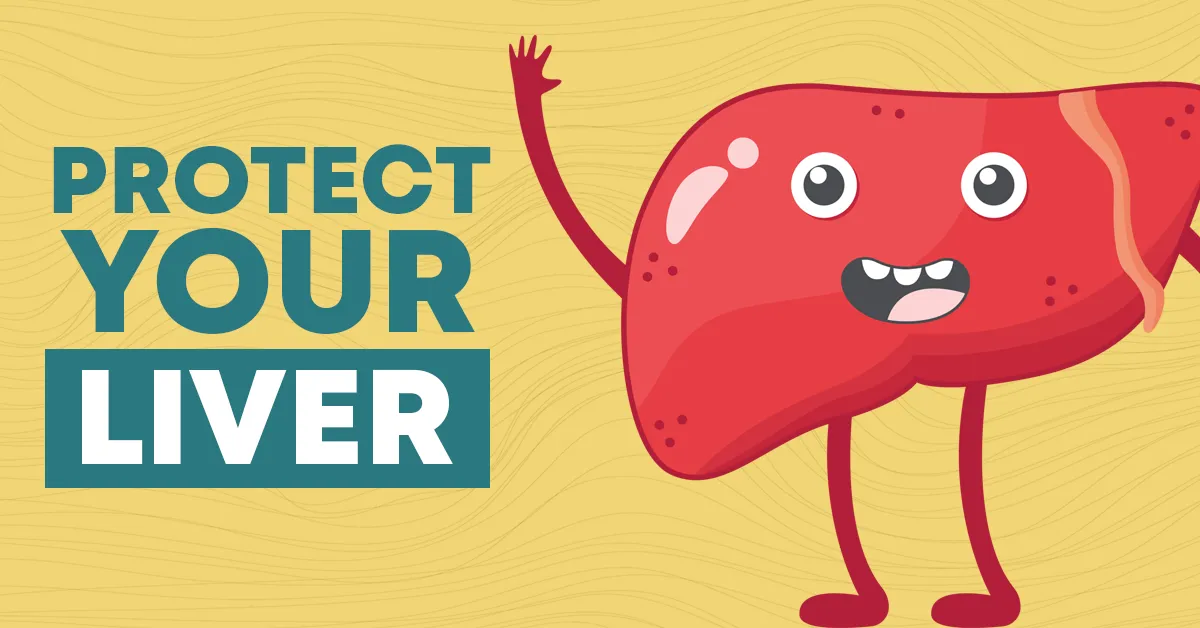Liver disease is among the many underdiagnosed diseases that if left untreated can cause serious health problems. The American Liver Foundation estimates that over 100 million American adults are living with liver disease – yet only 4.5 million had been diagnosed as of 2022.
Comparing recent data on liver disease deaths to that of 2009 paints a picture of a rise in liver disease, particularly among young people.
Thankfully, liver disease is largely preventable and is often influenced by lifestyle choices.
What Does the Liver Do?
The most popularized function of the liver is its ability to rid your body of toxins. But the liver plays a role in many body functions. It is able to process your blood and break it down into the nutrients and chemicals your body needs.
It also is involved in regulating blood clotting, producing cholesterol and proteins for blood plasma, regulating amino acids, and more.
Because the liver plays such a massive role, trouble with your liver health can create ripple effects on other aspects of your health.
What Causes Liver Disease?
Liver diseases are commonly connected to alcohol consumption. Consuming large amounts of alcohol can lead to a build-up of fats in the liver. It’s your liver’s job to break down alcohol, but if you consume more alcohol than your liver is able to process, it can cause damage.
Depending on the severity of your liver disease, there may not be early symptoms that make it easy to identify a problem. As liver disease progresses, symptoms become more evident.
There are over 100 different types of liver diseases, with fatty liver and cirrhosis being the most common. Reducing your risk for alcoholic liver disease comes down to reducing your alcohol intake. But with so many types of liver disease, there are other causes besides alcohol consumption.
What is Non-alcoholic Fatty Liver Disease?
Even those who do not consume alcohol can develop liver disease. Non-alcoholic Fatty Liver Disease (NAFLD) is the result of fat building up in the liver, but it originates from another source, not related to alcohol consumption.
NAFLD is tied to diet and other existing health conditions. It is most common in patients who already have high blood pressure, and high cholesterol, or are prediabetic or diabetic.
Weight loss and changes in diet can aid in lowering your risk or even somewhat reversing the effects of NAFLD. Fast food and sugary drinks can contribute to an increase in the fat in your liver.
How is Liver Disease Diagnosed?
If you are concerned about your risk for liver disease, talk to your provider. Like nearly all diseases, the earlier liver disease is caught, the more treatable it is. Blood tests can be done to help identify potential liver issues, as well as imaging tests if necessary.


